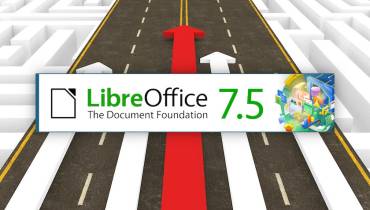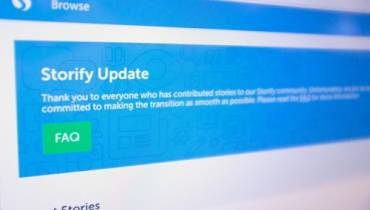The Benefits (& Science) of Doodling for a Healthy Brain
Photo: Staff Sgt. Andrew Satran / Vandenberg.af.mil.
Leonardo Da Vinci, the famous Italian polymath and renaissance man, had notebooks filled with doodles of his various interests. So did Michelangelo and neurologist Sigmund Fraud.
Although you may not have the same artistic inclinations or abilities as Leonardo, Michelangelo and the likes of them, when a pen and paper are in front of you it’s likely you will take to doodling.
Doodles and daydreaming are activities the mind uses to express creativity. When the body is idle, the imagination tends to run wild. Psychologists have submerged themselves deep into the oceans of brain waves to discover what those imaginations are running towards.
Whether you take to drawing hearts, letters, animals or people––doodling is like weight lifting for the mind. It has even been proposed that doodling stimulates the brain enough to slow the onset of age-related brain diseases like dementia.
Admittedly, it may seem like doodles can be a distraction, but research has found that doodlers were able to remember 29% more information than their “attentive” counterparts.
As author Steven Heller explains in an article in The Atlantic, “Drawing with pencil, pen, or brush on paper isn’t just for artists. For anyone who actively exercises the brain, doodling and drawing are ideal for making ideas tangible.”
Imagine the impact making ideas tangible could have on your creative work!
What Your Doodles Mean
Everything you draw – from tiny shapes down the side of a page to circling or underlining your name – may have a deeper meaning in your subconscious.
If you draw triangular shapes, for instance, it can mean you are a risk-taker. So, take pride in your doodles.
If you are curious to learn more about what different types of doodles all mean, check out the infographic below to learn the science-backed psychology of doodles.

So, do you doodle? When? What does it reveal about you?
Read Also: Why Writing Longhand is So Important Still (Backed by Science).
Related: How Writing Makes People Smarter (Backed by Science).




















